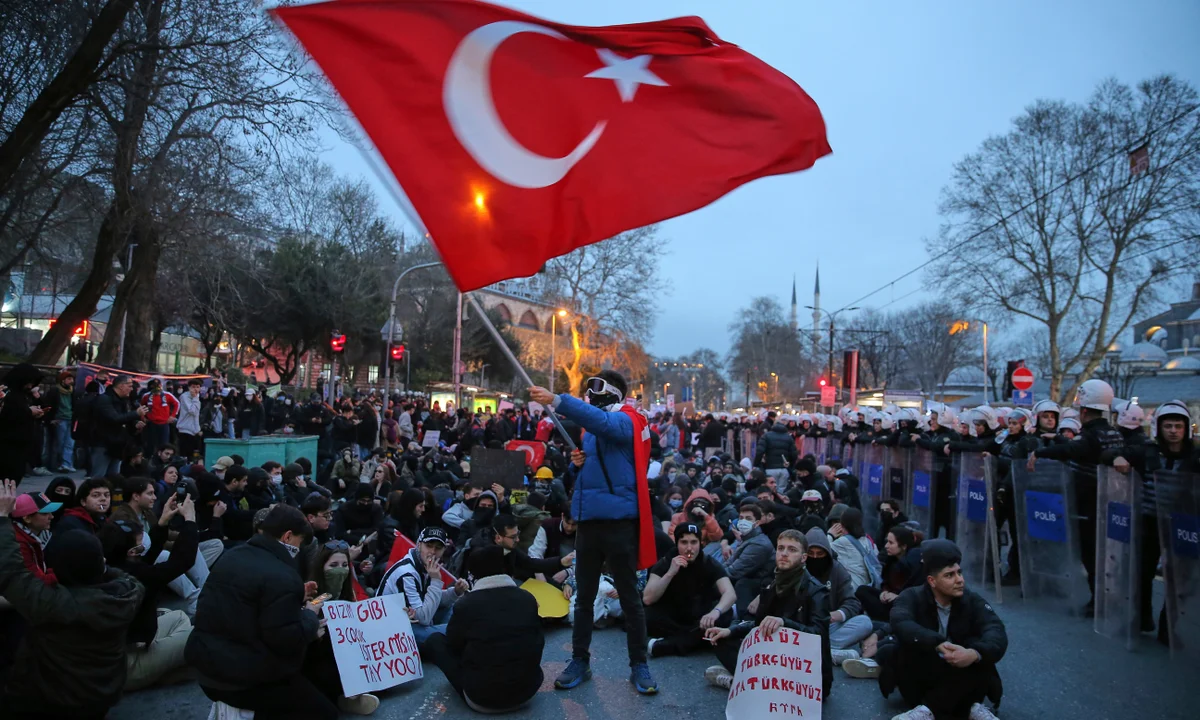Turkey has stepped up its crackdown on press freedom, deporting a BBC reporter and issuing a 10-day broadcast ban on an opposition television channel for its reporting of ongoing protests. The action comes as there is increasing dissent and protests against the government, with authorities taking draconian measures to manage the narrative.
The BBC correspondent, who had been reporting the large-scale anti-government protests, was said to have been arrested and deported from the country on grounds of national security. In the meantime, the opposition television channel was shut down temporarily after the government accused it of disseminating “misinformation” and provoking violence.
Censors, they complain, are only expanding their presence at a moment when President Recep Tayyip Erdoğan’s grip is tightening on the media, aiming to suppress discontent prior to fateful political decisions. Press freedom organizations and international bodies have denounced Turkey’s mounting controls, cautioning that the country is sinking deeper into authoritarianism.
As tensions build, the clampdown on independent media casts doubt over the future of free speech in Turkey. With protesters still defiant after mass arrests, the struggle between state control and a free press is far from over.





